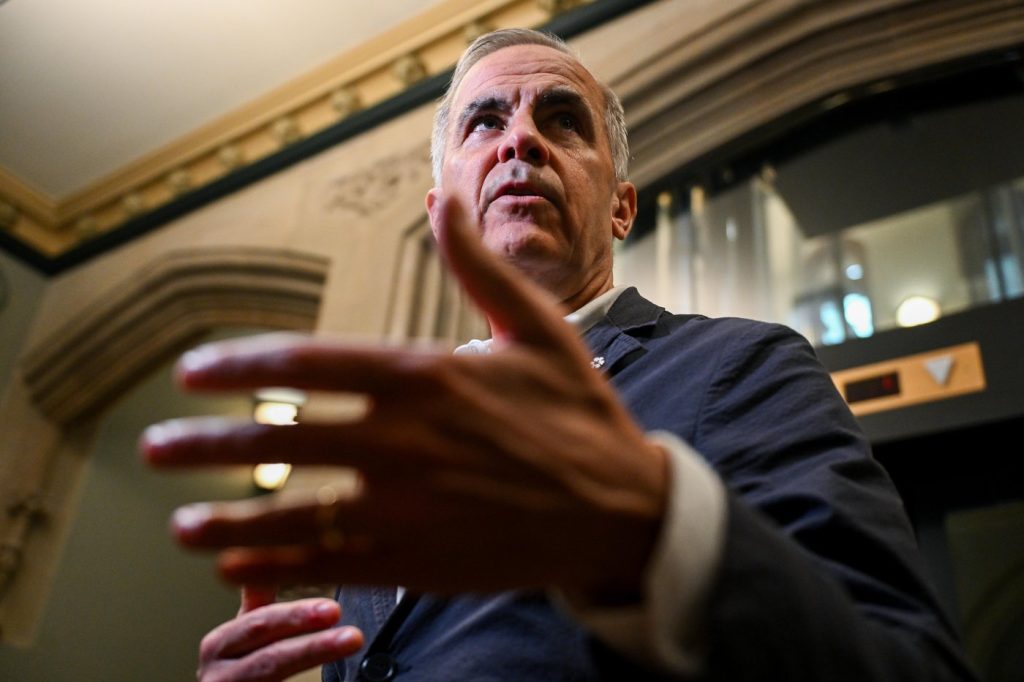Prime Minister Mark Carney is reconvening the federal Incident Response Group today in Ottawa to address the worsening wildfire crisis gripping multiple provinces.
This marks the second time in recent weeks that Carney has called the high-level group of ministers and senior officials together to coordinate Canada’s national response. The wildfires, which initially peaked in May and June, have reignited with alarming intensity, displacing thousands.
In Manitoba, more than 6,000 residents have been forced to evacuate, with communities like Lynn Lake and Snow Lake issuing their second evacuation orders in just a few weeks. Saskatchewan is also feeling the heat—roughly 1,000 people have had to flee their homes in multiple communities.
Thick smoke from the fires has prompted widespread air quality warnings across Manitoba and into parts of Saskatchewan, adding to health concerns in already strained regions.
Out west, the BC Wildfire Service is bracing for what could be a critical turning point. Officials warn that shifting winds—specifically an “outflow pattern” where air moves from the mountains toward the ocean—could lead to more aggressive fire behaviour today and tomorrow in the Coastal Fire Centre.
The federal government’s renewed focus signals growing concern over the resilience of communities and the capacity of emergency services to keep pace with Canada’s increasingly volatile fire season.

